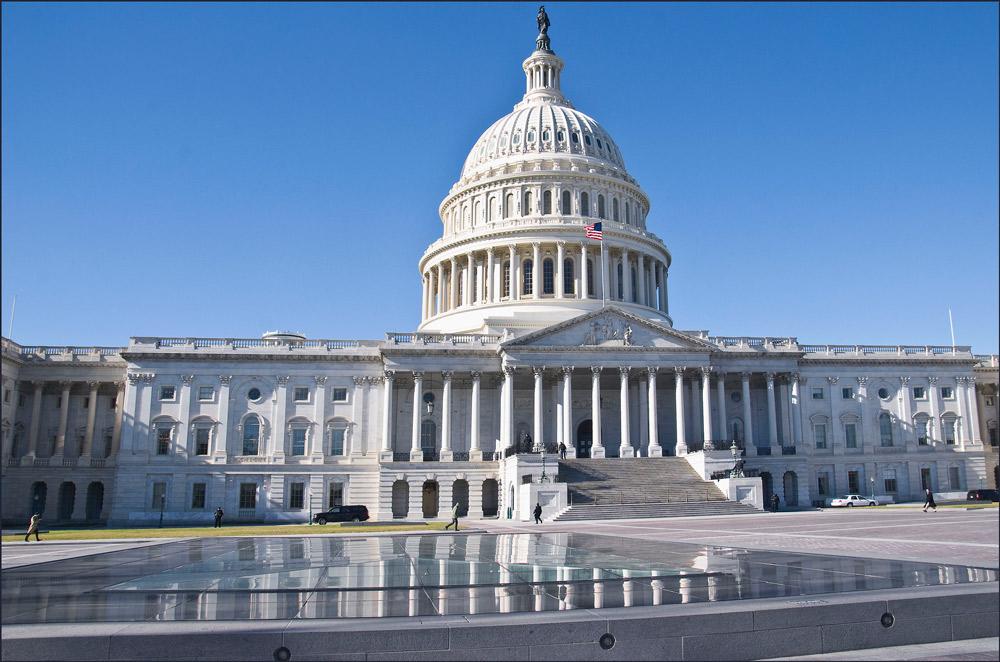Momentous 21st Century Cures is coming, but debate rages on

The US Congress may pass the 21 Century Cures Act this week, a major new piece of legislation affecting healthcare, the FDA and pharma - but the battle for what measures will be included and what will be thrown out will go down to the wire.
Introduced by Republican Representative Fred Upton 18 months ago, the idea behind the Act was to speed up the progress of new medical treatments, add funding to basic research efforts and cut any unnecessary FDA red tape.
The Act has undergone many amendments since then, with new measures being added to help sway different factions in Congress. Its supporters inside and outside Congress want to see it passed before the end of 2016, but critics say it requires major changes to make it fit to be law.
The Act has been strongly supported by scores of patient advocacy groups, particularly those in rare diseases, but opponents are still worried that it loosens the FDA’s checks and balances too much.
Crucially for pharma and patient groups, the bill would also further accelerate the FDA’s drug and device approval process by promoting different evidence standards.
Many in the industry are wary of lowering the FDA’s standards – as illustrated by the huge controversy over the approval of Exondys 51, Sarepta’s Duchenne’s treatment which has scant evidence of any effectiveness against the disease.
Nevertheless, the US industry association PhRMA is supporting the legislation. However other measures contained in the current draft bill are also contested – one clause would allow a rowing back on the Sunshine Act, with medical education sessions and textbooks exempted from disclosure.
Also added to the latest version of the bill is funding for the National Institutes of Health – an extra $4.8 billion over ten years, adding to its 2017 budget of $30.3 billion. This is to allow three signature Obama administration research programmes to continue over the next 10 years: Vice President Joe Biden’s cancer moonshot, the BRAIN Initiative, and the Precision Medicine Initiative.
A further $1 billion will be set aside to address America’s opioid abuse epidemic.
While President-elect Trump hasn’t expressed an opinion on the legislation, he has promised to reform the FDA, and repeal or amend the Affordable Care Act, aka Obamacare.
On Monday, the Republican party announced its members had reached a deal on the final shape of the legislation, but Democrats in the Senate remain opposed to several key aspects.
Senator Elizabeth Warren has been one of the most vocal critics, and say this mix of policies in one bill is an attempt by the Republicans to curry favour with Democrats. She says adding extra funding for medical research is one such ploy to ‘extort’ agreement from Democrats, whilst retaining measures they would oppose, such as loosening demands on pharma.
Senator Warren says the Bill is full of “a bunch of special giveaways and favours” for the industry and has vowed to block these. She says federal spending on medical research has been cut by 20% over the past 12 years, something she says will “take the legs out of future medical innovation in America,” and is pushing for more funding for the NIH and the FDA.
Some groups have also called for the Bill to be amended to include measures to allow new price controls on pharma – part of a cacophony of lobbying voices putting forward amendments on Capitol Hill.
The legislation is permitted to carry over into the new Congress, which commences just ahead of Donald Trump’s inauguration on 20 January 2017.
Republicans will hold both houses of Congress and the White House, which means the 21st Century Cures Act is likely to be passed sooner or later.
Time will tell whether the new law will help accelerate medical developments, or merely compromise the FDA's standards and allow ineffective medicines onto the market.











